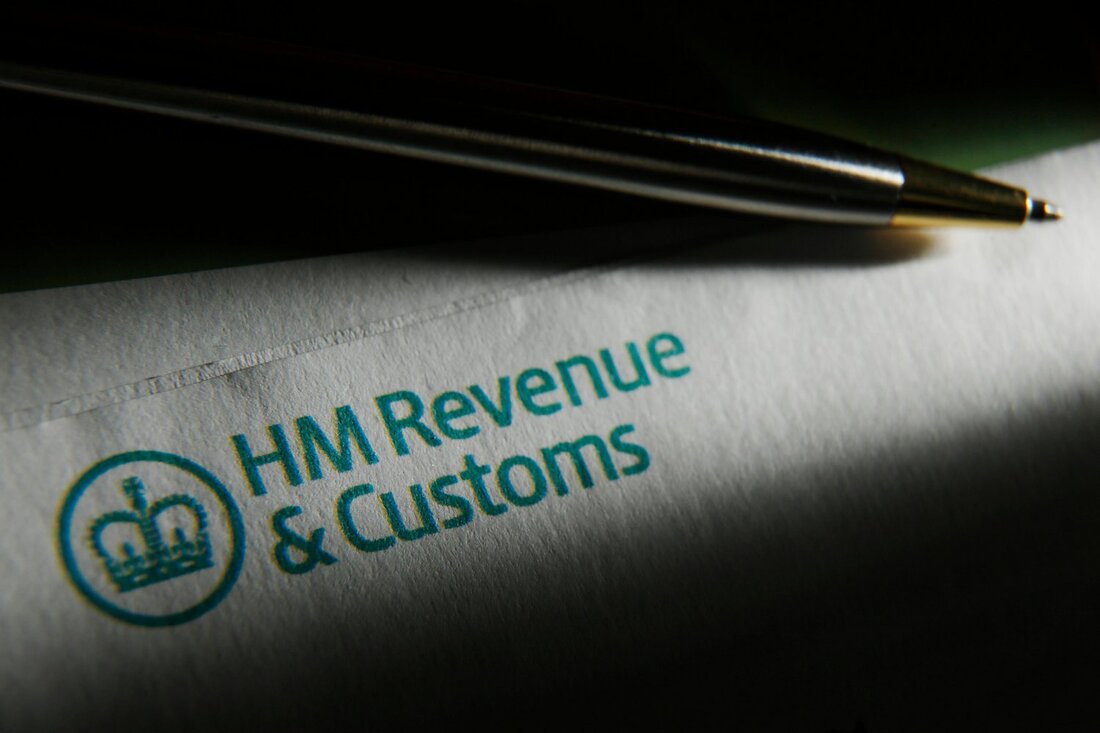A recent ruling on DFM fees implied that VAT is not chargeable on intermediated Model Portfolio Service offered by a DFM. This throws into question when is VAT chargeable on DFM services and when isn’t it, and how, if at all, does it impact the VAT on advice. Whilst we are not tax lawyers, we try and disentangle the guidance as it stands today and what the recent ruling could mean, to help frame the right questions rather than provide definitive answers. First of all we need to break DFM services into 3 parts:
Non-intermediated Direct DFM service Where DFMs contract directly with clients to manage portfolios either on an advisory basis (seeking confirmation with client), or on discretionary basis (investing as the manager sees fit, for pre-agreed mandate), the VAT position seems clear-cut. The DFM fees are VAT-able. See HMRC manual VATFIN5800 for more information. Fund/security dealing commissions are VAT exempt where charged separately. If charged within a bundled “all-in” fee, the whole fee is VAT-able. For intermediated DFM fees, we have to consider two different types of DFM relationships – direct DFM (where DFM contracts with client directly to manage a portfolio in its custody), and platform-based MPS (where DFM contracts with platform to manage investments, and advisers “link” clients to that model). Intermediated Direct DFM service Where advisers introduce and monitors a “direct DFM” relationship – where the client contracts directly with the manager (albeit with the adviser’s involvement and fees are referenced in the contract), the VAT position is likely to be the same as above. Namely VAT on the DFM fee is chargeable. This is because the manager is providing a service directly to the client. Both the adviser and the manager have separate direct contractual relationships with the client. Importantly, because the adviser is introducing the client to a VAT-able service, the advice fees in relation to “direct DFM” services are also potentially VAT-able. See HMRC manual VATFIN7600 for more information. Intermediated MPS service Where advisers recommend and oversee a platform-based model portfolio service (MPS), the adviser’s fee may not be VAT-able, as it is an intermediation of a non-VATable service (the platform). The primary service the platform supplies in return for such fees (however comprised) are made up of the following functions:
HMRC’s position has been that charges for additional platform-based services, such as portfolio management services would be liable to VAT under VIN5800 above. However, although the details of the Tatton case are not public, it’s possible that Tatton sought to differentiate MPS service from direct-to-client DFM service and position it more as a quasi “fund” rather than an individual service. Under VAT5800, there is a clear exemption for the management of Specialist Investment Funds, such as authorised unit trusts and OEICs. This is outlined in more detail in VATFIN5100 If MPS can be viewed more like a “fund”, then it’s possible that model portfolios of funds could be added to this list of exemptions. Who does this ruling benefit? If this change is confirmed in guidance (rather than on a case-by-case basis), and other MPS-based DFMs can obtain similar refund, then it will be for those DFMs to decide whether to return those fees to clients. As Tatton was clear that it’s fee was gross, and any VAT costs were absorbed, it’s fair enough for Tatton to retain the refund – it took that risk and won. For DFMs that have specifically charged for VAT additionally, then expectations may be different. As well as providing good news for platform-based DFMs and their end-clients, any potential VAT exemption on MPS services is also good news for advisers that rely on an intermediation exemption from VAT on adviser fees. Some advisers fear that intermediating VAT-able DFM services on platform could potentially require them to charge VAT too. By intermediating a non-VAT-able MPS service, those advisers’ fees remain clearly non VAT-able. VAT and the value chain The only – broader – question remaining is that if the whole value chain – advice, platform, DFM MPS and underlying funds are relying on complex and potentially conflicting VAT exemptions, then there is a broader policy questions as to whether, when and why should VAT be paid on the advice and/or management of client’s investments, at some stage in the value chain. If the answer is no, never, that’s good news for the industry and clients alike, but I can’t believe that HMRC will be so knowingly or unknowingly generous for too long. Clarity needed Whilst HMRC won’t comment on individual cases, some further – clearer – guidance would be welcome. For clarity on this point, advisers should seek information from platform-based DFMs as regards their VAT status. DFMs should seek legal advice before revising their charging structure, and, if necessary, obtain case-specific guidance from HMRC. However given the gaps in the published guidance from HMRC, as outlined above – it would be helpful if their guidance could be tightened up too as MPS services are not explicitly referenced in guidance anywhere, which has allowed uncertainty to prevail.
Phil
2/9/2021 16:48:26
My adviser is relying on intermediation for a VAT exemption so their fees are VAT exempt. Comments are closed.
|
ELSTON RESEARCHinsights inform solutions Categories
All
Archives
July 2024
|
Company |
Solutions |
|


 RSS Feed
RSS Feed